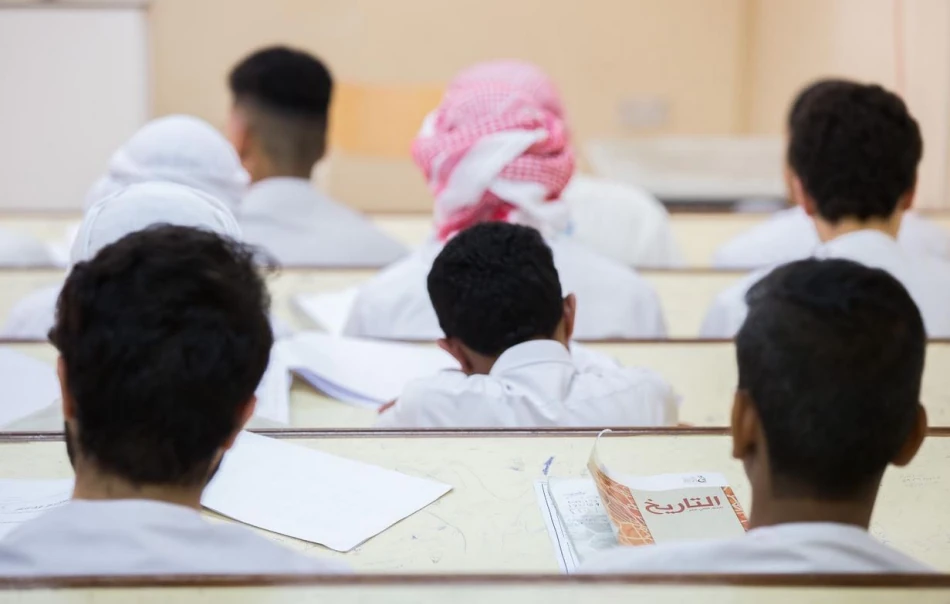
New Regulations Unveiled: Ministry of Education Implements Revised Policies for Extended Student Medical Leaves
Education Ministry Tightens Control Over Student Medical Leave with New Multi-Tier Approval System
The Ministry of Education has introduced comprehensive new regulations governing long-term medical leave and exemptions for students, establishing a rigorous multi-committee approval process designed to maintain educational continuity while providing targeted academic and psychological support. The move signals a shift toward stricter attendance monitoring and individualized intervention strategies across the school system.
Complex Bureaucratic Framework Emerges
Under the newly adopted mechanism, student cases must navigate through multiple administrative layers before approval. Social specialists or academic counselors initiate the process by conducting comprehensive case studies that include medical reports, social assessments, and official documentation. These files are then presented to school-level committees headed by principals.
The documentation subsequently undergoes review by district-level committees to verify compliance with all requirements before advancing to the School Operations Sector, which holds final approval authority. This three-tier system represents a significant bureaucratization of what was previously a more streamlined process.
Individualized Treatment Plans Mandated
The ministry has emphasized the creation of personalized therapeutic plans for each student, coordinated between academic counselors and social specialists. These plans require periodic monitoring by specialized committees to ensure learning continuity and effective academic and psychological support delivery.
This approach mirrors educational support systems implemented in countries like Finland and Canada, where individualized education plans have shown measurable improvements in student outcomes during extended absences.
Precise Absence Calculation System Introduced
Weighted Absence Categories
The ministry has established a detailed absence calculation framework distinguishing between regular absences, counted as single days, and compounded absences, which carry double-day penalties. This weighted system aims to standardize monitoring procedures while clarifying absence impacts on student academic standing.
Comprehensive Coverage Period
The new regulations encompass the entire academic year, including days immediately before and after official holidays, final examination periods, and specifically designated extended periods from June 10-23 and July 1-13. This comprehensive coverage eliminates previous gray areas where students might have exploited timing loopholes.
Policy Implications and Educational Strategy
The ministry has framed these measures as fulfilling its national responsibility for student welfare and academic achievement, emphasizing school discipline enhancement to achieve high-quality educational and developmental outcomes.
This policy shift reflects broader regional trends toward educational accountability and standardization, similar to reforms implemented across Gulf Cooperation Council countries in recent years. The emphasis on documentation and multi-tier approval suggests the ministry is responding to concerns about medical leave abuse while attempting to maintain genuine support for students with legitimate health needs.
Balancing Access and Accountability
The new framework presents a classic administrative challenge: providing necessary flexibility for students with genuine medical needs while preventing system exploitation. By requiring extensive documentation and multi-level review, the ministry appears to be prioritizing accountability over accessibility, potentially creating barriers for families navigating legitimate health crises.
The success of these measures will largely depend on implementation consistency across schools and districts, as well as the ministry's ability to maintain the balance between supporting vulnerable students and maintaining educational standards.
Most Viewed News

 Sara Khaled
Sara Khaled






